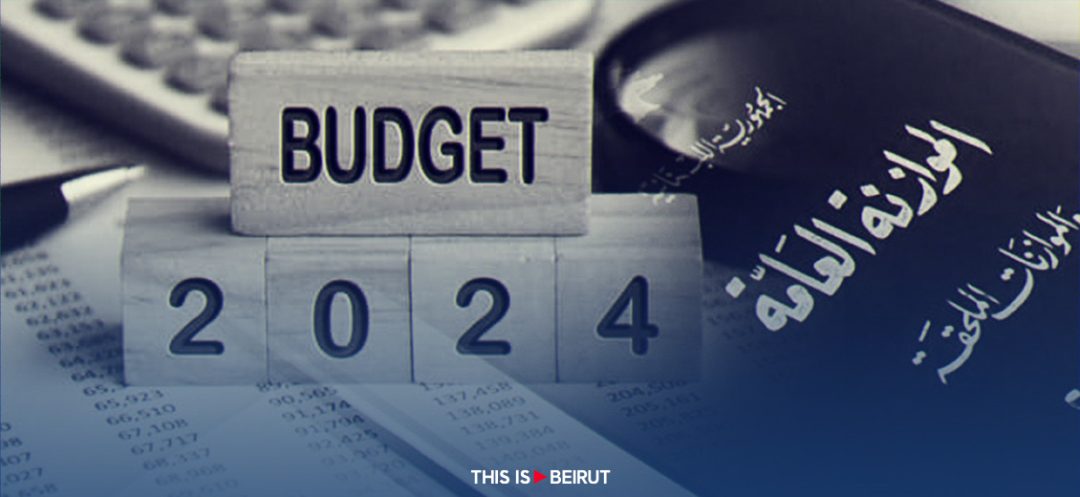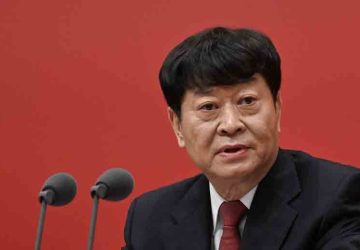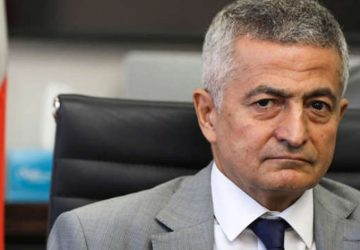Listen to the article
A 10% “extraordinary tax” imposed on businesses benefiting from the government’s subsidy policy, introduced at the last minute into the 2024 budget, sparked widespread anger. Unions and economic organizations alike denounce it as an arbitrary and, mostly, “unfair” penalty.
After oil-importing companies suspended fuel deliveries since Wednesday morning, pharmaceutical and food product importers are now stepping forward to criticize the random taxes and fines included in the 2024 budget, approved by Parliament last Friday. They specifically contest an article imposing a 10% tax on businesses benefiting from the government’s subsidy policy.
Sources close to the unions suggest that MP Wael Abou Faour (Progressive Socialist Party), with the backing of his colleague Georges Adwan (Lebanese Forces), inserted this article into the budget at the last minute. The underlying goal is commendable: to replenish the Treasury by seeking contributions from those who profited significantly at the beginning of the crisis, thanks to the state’s subsidy policy. But the situation is more complex, especially in terms of its repercussions, as it has the potential to exacerbate inflation due to the potential price increase it could induce.
Furthermore, as per a legal expert, a tax cannot have retroactive effects, and a penalty should be linked to an offense. Adding to which, for many months, the official subsidy policy fueled smuggling, particularly towards Syria, with the state failing to enforce rigorous border controls or lift subsidies to safeguard the reserves of the Lebanese Central Bank (BDL).
Interviewed by This Is Beirut, Joe Ghorayeb, President of Pharmaceutical Importers, warns that if this “irrational” tax is not abolished, it will “trigger an unprecedented pharmaceutical crisis.” “The imposition of this fine will undoubtedly deal a severe blow to the entire legitimate pharmaceutical sector, jeopardize the health security of citizens and threaten the availability of drugs in Lebanon,” he cautions. He reveals that importers will be unable to finance the purchase of medication.
Ghorayeb points out that, be it positive or negative, the subsidy policy is an official directive of the Lebanese government aiming to support vital products, including medicine. According to him, this policy has helped consumers afford medication costs amid the depreciation of the Lebanese pound and declining purchasing power. “In this context, the role of importing companies has been limited and remains focused on facilitating access to subsidized medicine, aligning with the state’s policy and adhering exclusively to pricing determined by the Ministry of Health.”
Sixty Times the Profits Generated
He explains that the government aims to tax them based on revenue volume, despite having sold subsidized medicines at the exchange rate of 1,500 Lebanese pounds per dollar. “We are being asked to pay 60 times the profits generated,” he protests, urging authorities to “prosecute those who have committed offenses” and emphasizing that “pharmaceutical importers have adhered to the government’s guidelines as part of a patient support policy.”
Furthermore, Ghorayeb mentions that the government owes USD 180 million in unpaid bills to foreign laboratories. He specifies that the annual pharmaceutical market size was over USD 1 billion and has decreased due to the crisis to around USD 400 million. “How can commercial enterprises turn a profit in a market that has lost about 60% of its business volume?” he wonders.
And he questions, “From a purely legal, economic and moral standpoint, regardless of the medical aspect, how is it possible to impose fines on private and legitimate companies that abide by the laws, sell at the legal price and operate within the framework adopted by the state, while smugglers who proliferated during the crisis have never faced consequences?”
An Unfair Tax
The outcry echoes from the union of food product importers. Its president, Hani Bohsali, emphasized to This Is Beirut the “unfair” nature of an additional tax that “impacts legitimate businesses that have diligently implemented the subsidy mechanism in all its aspects.”
He is surprised by the “timing chosen to reopen this issue, approximately a year and a half after the suspension of the subsidy,” and warns against “trends that will impact the legitimate economy and undermine legitimate institutions.”
In this context, Bohsali points out that “since the implementation of the subsidy policy, the union warned that it would inevitably lead to a lot of waste and corruption.”
Furthermore, Lebanese economic organizations held an emergency meeting on Wednesday to discuss what they also deem an unfair imposition.
They asserted the principle of “non-retroactivity of laws” and contested “the inclusion of such an article in the 2024 budget, over a year and a half after the subsidy suspension, and before a thorough study of the additional tax in all its aspects.”
This new tax is “just the tip of the iceberg,” the organizations warned, stressing that “the primary casualties of this tax are the national economy and legitimate institutions committed to transparently supporting official mechanisms.”
Ultimately, it appears that the government, unwilling to embrace reforms, aims to legitimize illegality by imposing a 10% surcharge on everyone instead of penalizing offenders with a 1,000% tax.





